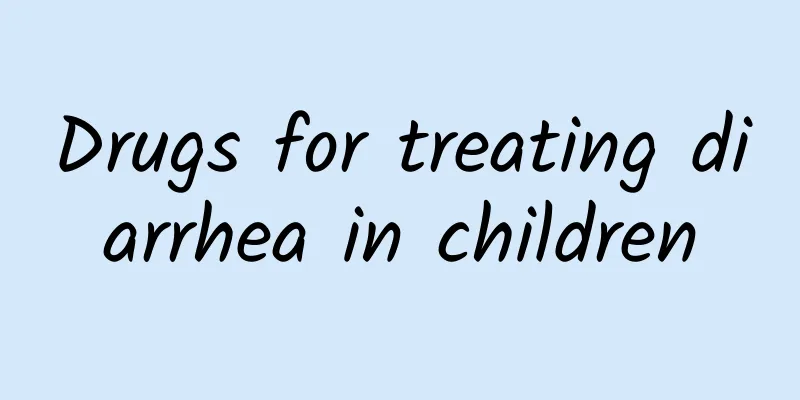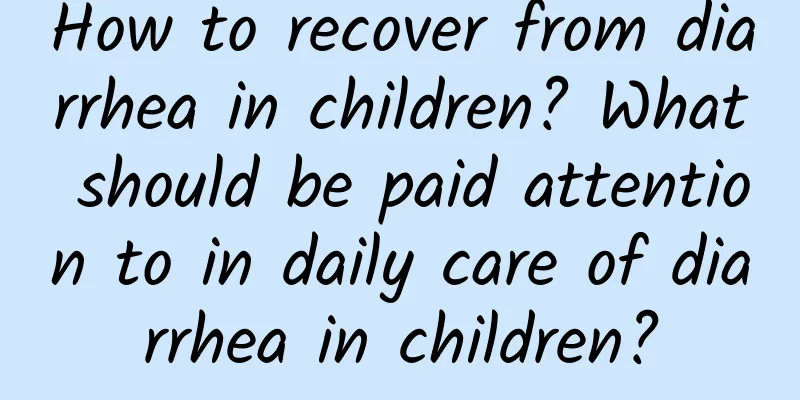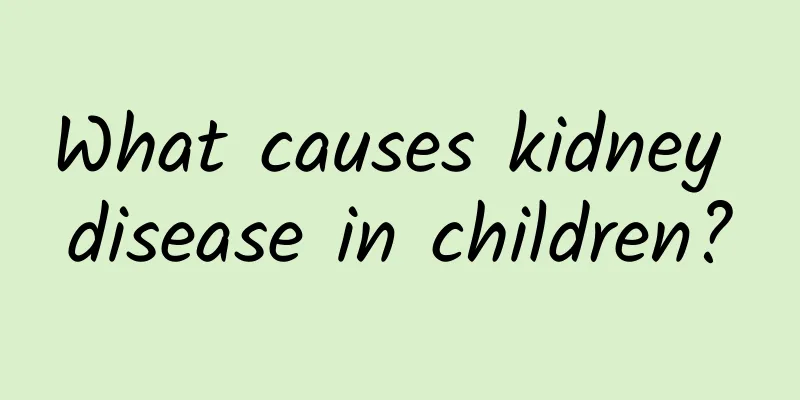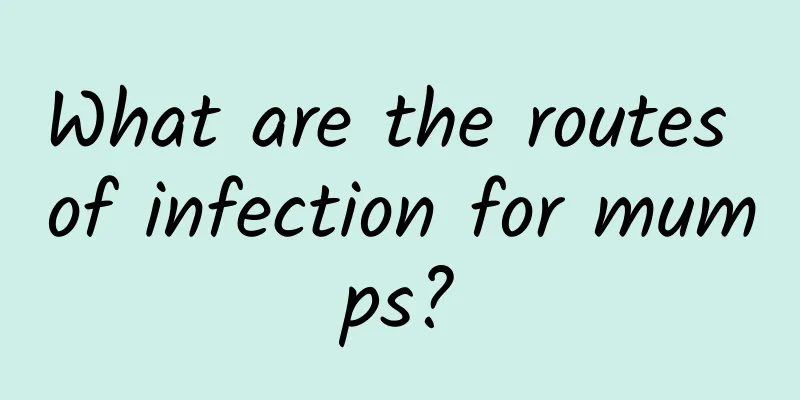What should I do if my baby has eczema? How should I take care of my baby on a daily basis?

|
When babies have eczema, we usually use eczema ointment to apply to the eczema area. The application of general ointment will have a very obvious therapeutic effect, but as long as the medication is stopped, the eczema will relapse. Moreover, most of these drugs contain hormones, which have toxic side effects on children's bodies. Therefore, we still need to pay attention to the daily care of children and strengthen their body resistance to prevent the occurrence of the disease. It is quite common for babies to get eczema. Mothers usually use medication and apply it to the affected areas. At the same time, they should also pay attention to the child’s daily hygiene care and improve the baby’s own immunity. These methods can greatly improve the baby’s eczema condition. Let’s take a closer look at what to do if the baby has eczema? 1. Apply medicine to the affected area To treat eczema, topical ointments are generally prescribed. These drugs are often very effective after being applied to the patient's eczema, but the disease will recur as soon as the baby stops taking the drugs. The ointment cannot completely cure the symptoms of eczema. Moreover, many ointments contain certain hormones. Long-term application of ointments will have an adverse effect on the natural growth of the baby's skin. This kind of medicine can only be used as an auxiliary treatment on the surface, a short-term treatment of a small area, and cannot be used on a large area for a long time. 2. Pay attention to your child’s daily hygiene care For children with eczema, pillowcases and quilts should be changed and washed frequently, and exposed to the sun frequently. Children with eczema should not wear clothes made of chemical fibers or wool, as wool products in these clothes will irritate the soft skin of children and aggravate the eczema. Use soft cotton diapers for children so that their buttocks can breathe air normally. Children should be fed more breast milk. If they do not feed their children with breast milk or feed them too little breast milk, their overall resistance will be weakened, making them more susceptible to allergies. They should also avoid contact with children suffering from chickenpox to prevent aggravating their own eczema or becoming infected with a more serious condition. 3. Improve your baby's immunity The baby's skin is unusually sensitive, which is ultimately caused by the baby's low immune function. We should pay attention to the baby's nutritional supplements, such as giving the baby proper sun exposure to ensure that the baby's body has sufficient calcium and vitamins. We should also give the baby proper exercise, so as to improve the condition of eczema from the root cause. |
<<: What to do if your baby doesn't sleep well? What to do if your baby doesn't sleep well?
Recommend
How to deal with diarrhea in infants and young children
Infant diarrhea is not unfamiliar to many friends...
How to take care of children with pneumonia
Pneumonia is not unfamiliar in our lives, but bec...
Is honeysuckle effective in treating jaundice?
Everyone should know that honeysuckle is a common...
Is it expensive to treat eczema in children?
Is it expensive to treat pediatric eczema? This i...
How to prevent Kawasaki disease in daily life
How to prevent Kawasaki disease in daily life? Ka...
Is hand, foot and mouth disease contagious to adults?
Can hand, foot and mouth disease be transmitted t...
What causes beard to grow fast?
Fast beard growth can be due to a combination of ...
What causes polio and how to treat it
Polio is caused by infection with the poliovirus,...
How much does it cost to diagnose pediatric tracheitis?
No one wants to be sick, but many diseases come t...
Are adults with polio still contagious?
Adults who have had polio are usually no longer c...
What is a pointed chin?
A pointed chin is a facial feature in which the c...
What are the examination items for patent ductus arteriosus?
Patent ductus arteriosus is a congenital heart di...
How to treat hernia in children How to regulate hernia in children
Children's hernia can be treated with traditi...
What tests are done to check for Hirschsprung's disease?
The examination of Hirschsprung's disease mai...
Symptoms of pathological jaundice How long will pathological jaundice last
Any disease will cause some harm to human health....









